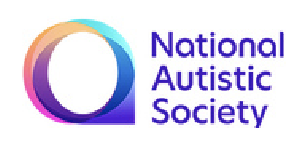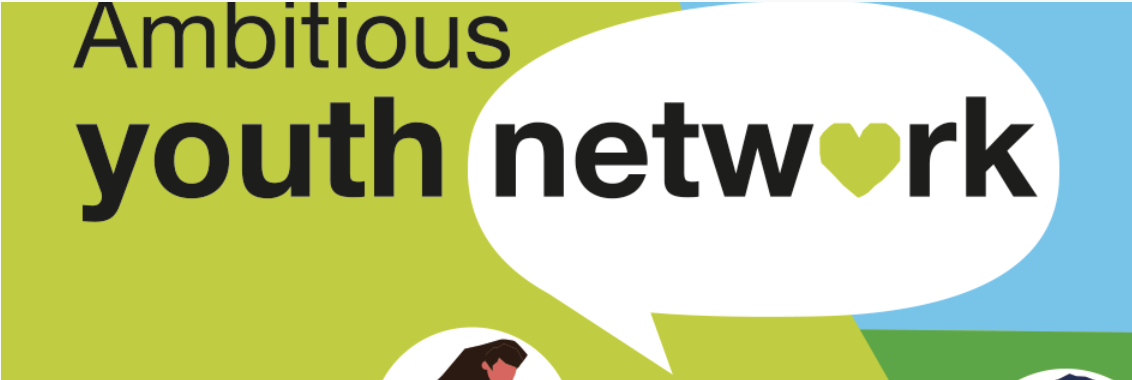Autism for Young People
An autistic person’s way of thinking, understanding and relating to other people, and the world around them is different to neurotypical people.
Autism is a lifelong condition and no two people with autism are the same.
Your brain is unique to you. Everyone is different. Just like everyone else, you will have your own unique skills, abilities and needs that make you. Everyone with autism will have different but often similar challenges.
Remember that these differences or challenges aren’t always negative. You might need extra support for certain things to be able to thrive but thrive you can!
Am I autistic?
Some common autistic traits include:
- Difficulty recognising or understanding other people's emotions
- Difficulty reading body language, understanding sarcasm and facial expressions
- Difficulty in social situations
- Overly or underly sensitive to any sense, for example taste, sound, smell, touch, pain or light
- Finding crowded and noisy places challenging
- Liking familiar routines
- Finding unexpected change to your routine challenging
- Having intense and specific interests in things
You may have some or all of the above traits.
 Visit the National Autistic Society website for more information about autistic traits.
Visit the National Autistic Society website for more information about autistic traits.
Masking
This is when you subconsciously hide a part of yourself or your traits to fit in better. You don't do this on purpose, in fact you may not realise you are doing it. You may 'mask' as a way of coping.
You may find that you can suppress certain behaviours you find soothing or copy the behaviour of friends to fit in. For example, you may be able to avoid stimming at school.
Masking can be exhausting. It may make you feel anxious or sad.
Girls are often diagnosed with autism later than boys. One reason for this may be that women and girls are often better at masking or camouflaging their difficulties.
Getting a diagnosis
If you think you may be autistic then you can speak to:
- your GP
- a teacher you trust at school
- the special educational needs coordinator (SENCO) at your school
- your school nursing 0-19 team
You can also get advice about what to do from:
 West Yorkshire Night OWLS is available 8pm to 8am every day for young people across West Yorkshire. Call free on 0800 1488 244 or text on 07984 376 950. Visit the website to use the online chat function www.wynightowls.org.uk
West Yorkshire Night OWLS is available 8pm to 8am every day for young people across West Yorkshire. Call free on 0800 1488 244 or text on 07984 376 950. Visit the website to use the online chat function www.wynightowls.org.uk Text Chat Health Leeds 07520 619 750, Calderdale 07480 635297 or Bradford and Kirklees 07312 263032. Chat Health aim to reply to your text message within 24 hours 8.30am to 4pm, Mon to Fri.
Text Chat Health Leeds 07520 619 750, Calderdale 07480 635297 or Bradford and Kirklees 07312 263032. Chat Health aim to reply to your text message within 24 hours 8.30am to 4pm, Mon to Fri.
What may happen at an autism assessment?
The video below shows what may happen at an autism assessment.
For more information on what to expect from an autism assessment, see this easy read document.
Autism assessment in your area
Each area is different. Your school or GP can refer you for an assessment.
- Leeds CAMHS provides assessments to school age children for autism and ADHD
- Bradford and Craven Children aged 7 to 18 are assessed by Bradford District Care Foundation Trust CAMHS service.
-
Social Communication, Interaction and Learning team (SCIL) offers a range of support to schools in Bradford. Individual support can be accessed for any child with communication and interaction needs. A diagnosis of autism is not necessary.
- Wakefield First fill out the social communication assessment referral form
- Kirklees
- Calderdale
Video Carousel
Now showing: Video 1 of 3
Top Tips
Work out your strengths
It's important to look for your strengths. These may include:
- An ability to focus intently on areas of interest
- An attention to detail
- Creative thinking
- Having the ability to recognise patterns
- Thinking a lot and being conscientious
- Being kind, honest, and empathetic. Some people may struggle to understand your emotions but we know many autistic young people feel things very deeply
- Being a good problem solver. Autistic people need to solve problems on a daily basis, for example, 'how can I focus with all that noise?'
Waiting times for assessment
Waiting times for an autsim assessment can be long. While you are on the waiting list, you can still get support.
Most services will support you even if you do not have a formal diagnosis.
Looking after your mental health
Autistic young people can have good mental health just like any other young person. Living in a world in which you sometimes feel you do not quite fit can be exhausting. It may affect your mental health.
Visit our mental health pages for more information on what you can do and where to get help.
Further information and support
 Your Choice Your Way. Empowering Neurodivergent Children and Young People in West Yorkshire. The West Yorkshire Neurodiversity Programme and All Star have created a vibrant set of practical, inclusive resources for neurodivergent children, young people, and families across Bradford, Calderdale, Kirklees, Leeds, and Wakefield. Shaped by local voices, the resources focus on key needs like school transitions, sleep, and food. From videos and colourful booklets to plain text and audio formats, with or without subtitles and backing tracks, they’re designed to suit a wide range of learning styles.
Your Choice Your Way. Empowering Neurodivergent Children and Young People in West Yorkshire. The West Yorkshire Neurodiversity Programme and All Star have created a vibrant set of practical, inclusive resources for neurodivergent children, young people, and families across Bradford, Calderdale, Kirklees, Leeds, and Wakefield. Shaped by local voices, the resources focus on key needs like school transitions, sleep, and food. From videos and colourful booklets to plain text and audio formats, with or without subtitles and backing tracks, they’re designed to suit a wide range of learning styles.
Visit our Support for neurodivergent children and their families page
 The Ambitious Youth Network is a space for autistic young people between the ages of 16 and 25. You can meet other autistic young people.
The Ambitious Youth Network is a space for autistic young people between the ages of 16 and 25. You can meet other autistic young people.
![]() Visit Leeds Mindmate Neurodiversity Information Hub
Visit Leeds Mindmate Neurodiversity Information Hub
![]() The Aspie World and Ask an Autistic
The Aspie World and Ask an Autistic
Watch Inside Our Autistic Minds by Chris Packham as he explores the lives of autistic people across the country and brings their lived experience to life, through short film.




